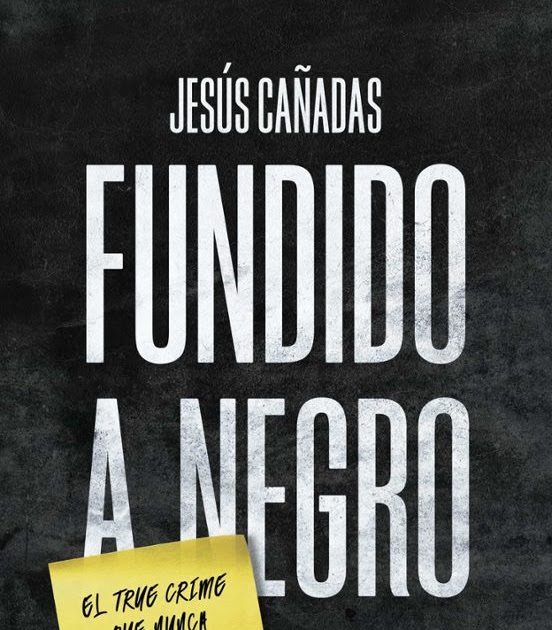
Language: español
Year of publication: 2025
Valoración: Very, very recommended
Benjamín Correa is an Andalusian documentary director in low hours-little base-despite having won, years ago, the gold palm in Cannes-or precisely, following having won the gold palm in Cannes-, so decides to accept, not very convince Years ago, it ended. To put it gently and use the term of the novel, in a very careful marimorena … the recording team, composed of ancient friends of Benjamin, puts the task and begins to interview people who had to do, one way in another, with the match. But soon increasingly disturbing elements begin to find, as they are investigating the figures of Elijah, the leader of the sect and Micaela, his perfidious factotum, as well as what happened within the group. And I do not follow because this is one of those novels that you have to read until the end to be able to understand -or not -knowing as little as possible of it and thus enjoy (or have a bad time, as you look) to the fullest. Many are the elements present in this novel that cause this to happen; To name a few, in the manner of Oriol:
- That we are, precisely, before a thriller, with the mechanisms and tropes of the thriller, but, at the same time, before a horror novel, with the mechanisms and troops of terror, which makes us forget the seams that can be seen to the thriller.
- That the author manages to create disturbing moments, when not terrifying, not only because of the presence of terrifying characters, entities or situations, but, above all, by the domain and increase of the tension at home chapter and the great ability of this writer to create disturbed environments (re) s, limiting, equivocal or, directly sinister spaces. But everything and always, however, at the service of the plot and the future reserved for its characters.
- That the plot works with the precision of a Swiss watch, with the thoroughness of a railway model, with the ingenuity of an unexpected words game … but everything without realizing it until the end, either due to the circumstances that I have mentioned before, or, simply, for the ease of ravines so that everything flows, without forcing the machine, without forcing the reader to lean to each moment before the author’s talent.
- That we have also before a writer specially endowed to tell us the most terrible and keep ourselves in suspense with the suspense and the rhythm that prints to the narrative, without therefore (perhaps because of its Cadiz lobsters cooking in an increasingly hot water. Not to mention (or better), the extraordinary ability that Cañadas makes for the simile, the metaphor or accurate and ingenious metonymy, which also has its root in Cádiz (and forgiveness for the topic, if it bothers someone). A few examples extracted from the same chapter: “He had risen with his eyes turned into two stabs in a red box in Nestlé“; “(…) It was a dust soaked in dry bechamel“; “(…) nodded with a slow filter coffee that drips into the coffee maker“.”Apart from walking at the waiting list in mails, with a limp impossible to hide (…) He did not relax that expression that seemed to put in the morning, even before the slippers“. “He threw his jaw forward and mounted his own Roland Garros final with his eyes, which went from one place to another in search of an excuse that, of course, did not find. After all, he released a pipe sigh“.
- That the author makes a laudable and intelligent job of different aspects of Andalusian culture, within which history develops; Since Sevillian and Granain speech (I must point out that I am not Andalusian, but, of course, it seems quite convincing) to other cultural or even subcultural elements. given the theme and the setting of the novel-of it. All written with an unfolded air, I already say, but that translies the respect that its own people produces to Cañadas, its idiosyncrasy and way of expressing it.
Also by Jesús Cañadas and reviewed in a book a day: Red teeth
Source: https://unlibroaldia.blogspot.com/2025/08/jesus-canadas-fundido-negro.html


